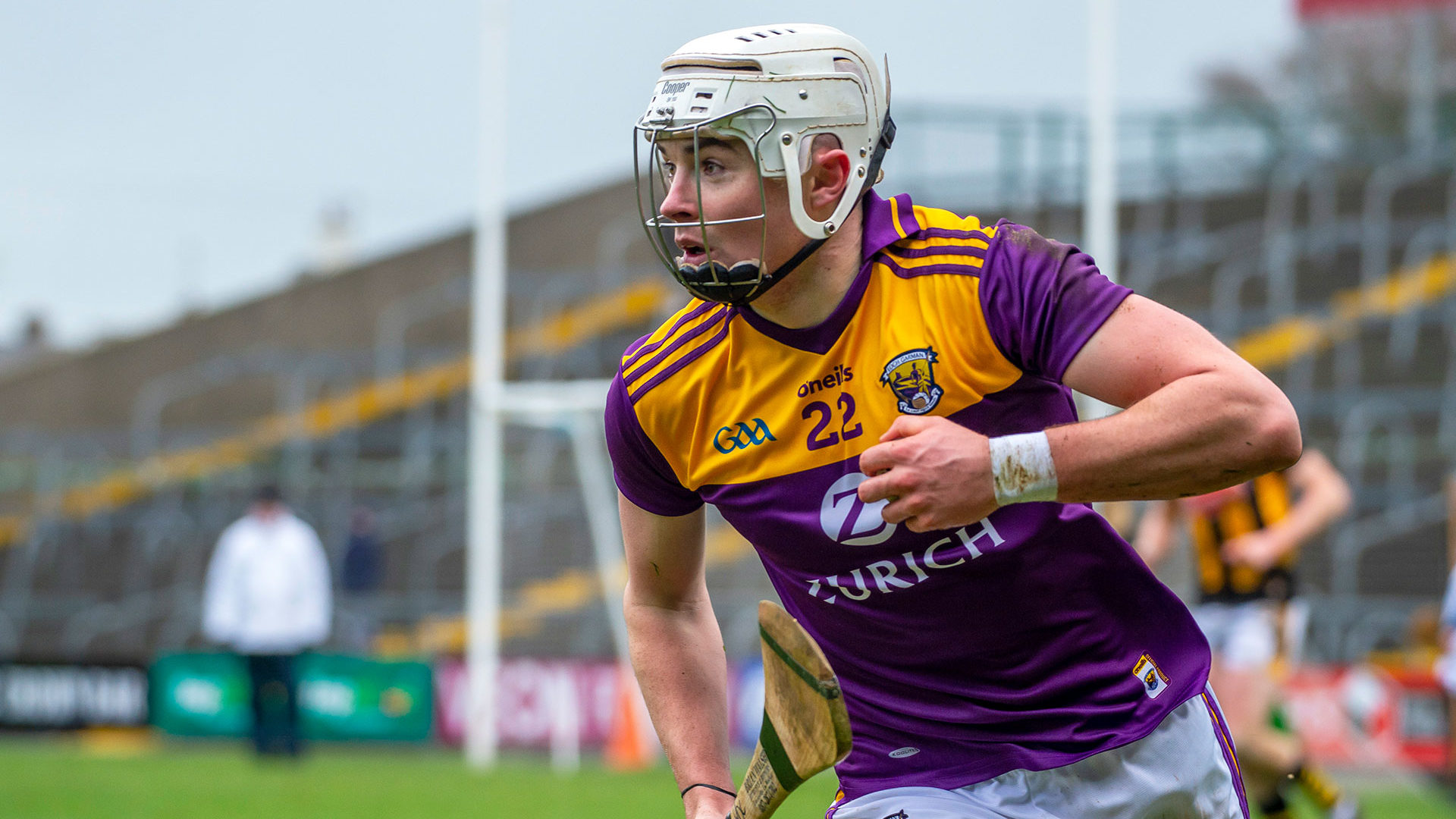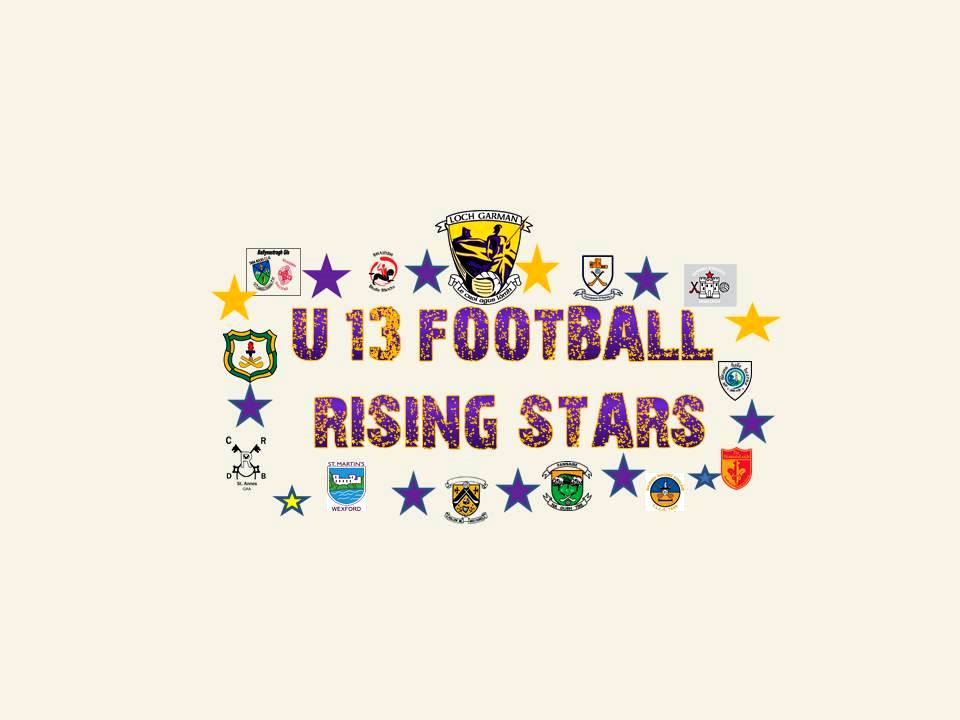This week in our blog series, Emmet Roberts looks that the importance of getting it right at club level and the relationship between the club volunteer and the full time staff in Croke Park and Wexford Park.
getting it right at club level and the relationship between the club volunteer and the full time staff in Croke Park and Wexford Park.
So here we are in late June 2012 and while our under 21’s were heavily beaten by Kilkenny, our minors are in a Leinster final while our new look senior team are getting the chance to develop outside of the glare of the big boys who will, ultimately, test Liam Dunne’s team more than Offaly, Westmeath or Carlow probably ever could. If we accept that County fortunes improve when club hurling improves then maybe it’s an apt time to look at the resources we have that could support club hurling development in a strategic and comprehensive manner.
A good barometer of the quality of club hurling can be seen in the club provincial and All Ireland series. In recent years, Wexford clubs have been virtually non -existent at junior and intermediate level while the traditionally stronger counties continue to harvest success at both these levels. If nothing else, this shows a strong level of club hurling which can only be of benefit to any county’s development. The new championship structures that we have in place are clearly working with clubs and supporters and we need to drive on now and combine our on field development with off field renewal, much of which is already on the way.
Very few, if any, could argue that Wexford GAA had not lost its way for a number of years, on and off the field and very few could counter with an argument that there is little or no connection between what transpires on the pitch is unconnected to what happens at administrative, managerial and coaching level.
One ought to be in hand with the other. Sadly, that has not been the case and while welcome change has begun it is not enough to sweep history under a carpet while we strive to take baby steps into a brighter, more honest and robust hurling world. Poor decision making led to even poorer outcomes and we as members of the GAA will have to not only manage the consequences of these poor and inept decisions but combine that with a desire to not only ensure we do not fall again but also strive to be better in every way, on and off the pitch. As members of the GAA we are uniquely different to all other sporting organisations in the country. And for some time now we, as members, have been almost apologetic for the great things we have achieved. Our bowed heads are as much a default response to an unrelenting media driven assault on the cultural heritage we have developed as they are borne of a weariness of the lack of success of our inter county hurling teams.
Being a member of the GAA is about a lot more than being a supporter, fair weather or all weather. Being a member not only brings an income to club and county but brings a responsibility on all of us to take more than a passing interest in what any ‘top table’ might decide. The near fatal mistake made after 1996 was that we made assumptions about success without giving adequate attention to how that was to be done.
If one accepts that the cradle of hurling development lies within each club and begins in each club at under 6, then the next steps in improving hurling across the county need to be clearly set out and the resources need to be identified. Clubs should be at the core of the GAA. But led by the increasing distancing of Croke Park from all other units of the GAA and the increasing reliance on paid staff, administrative and coaching staff at county and provincial level, there is now a risk serious dis-connect between club and county.
The risk of disconnection lies within the dynamic of the paid worker vs. the volunteer. While at times, the GAA makes a virtue of its volunteer led status it often takes for granted the volunteer contribution and the demands implied. Where there are paid staff operating in the same sphere as volunteers there is always conflict. The challenge is to minimise and then manage that conflict and to get maximum benefit from resources available.
There is nothing fundamentally wrong with employing staff at administrative or coaching level. But the GAA is radically historically and culturally different from all other sporting organisations and therefore the relationship and expectations between paid staff and ‘volunteer’ workers is vastly different and requires clarity in order to avoid confusion and conflict. Comparisons with other counties are not necessary valid when considering the level of paid staff and resources with that of Wexford.
For example, our near neighbours across the Barrow have two full time coaches and one part time administrative worker. But they are, in reality, a single code county with a smaller number of clubs and have been, since the 1960’s, highly organised at primary and secondary school level. When taking into account the FAS coaches and the full time coaches and coaches on Jobsbridge and other schemes, Wexford has a staff component over 20 people, many of whom are coaches. In a time of scarce resources, we actually have a substantial resource at our disposal; perhaps we need now to look at that resource as part of the renewal we have embarked on
So while we strive to develop and reach the consistency rates of other counties (Waterford hurling for example have been consistently in All Ireland semi finals over the the last number of years) there is an onus on us to put the club at the heart of hurling development. And as outlined in the new Strategic Plan, that is clearly the objective,how then can we use the available resources we currently have to improve the quality and standard of club hurling?
The first step in that process is re-enforcing the primacy of the club and the volunteer. Such re-enforcement should not be done to the detriment and personalisation of one over the other, rather the recognition that club is the core foundation of the GAA. Not just in terms of identity and cultural expression of identity but in the context of the role of the club in player formation and development.
The second step in the process is that all paid staff, regardless of the source or condition of the funding should have clear job descriptions and these must be communicated to all clubs. The third step is to make sure that paid resources are critically aimed at supporting club’s and not the other way around.
Therefore, there must be a human resource skill or element in deploying resources out from the centre and into every section of the core, the core being the club. Passion and love for hurling will not overcome a deficit in a strategic approach. For all the desire and commitment to improving Wexford hurling that is evident, there has to be a clear plan and understanding designed to get maximum efficiency from limited resources and the sometimes unrealistic expectations within the wider GAA community.
Emmett Roberts

